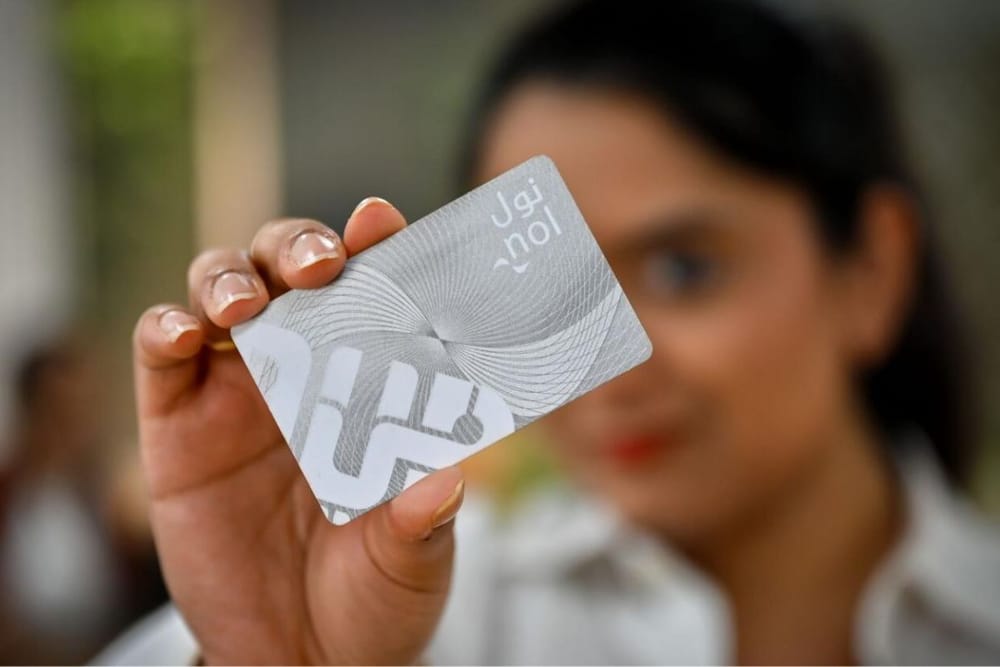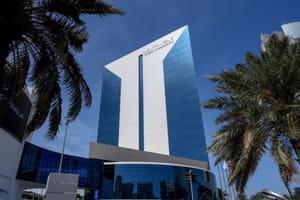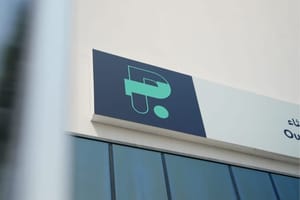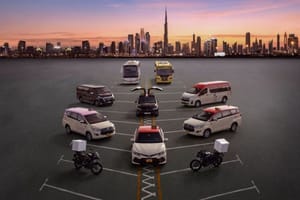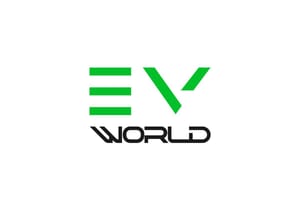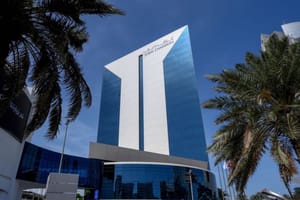Your ultimate guide to all the changes in the public transport system announced recently.
When Erica, a Dubai resident, booked a taxi from Global Village to Al Barsha, the fare was higher than when she took a cab from home to the family destination. This was because of the ‘dynamic fare’ that was made applicable to both regular metered and ride-hailing taxi services.
Several changes have been implemented in Dubai’s public transport system, including raising the minimum nol card top-up at Metro stations. A new company has also been announced that will oversee operations of public parking spaces, while parking at Dubai Mall will soon become a paid service, using a barrier-free system implemented by toll gate operator Salik.
What is the new flag-down rate for Dubai taxis?
The flag-down or flag-fall rate (the initial charge incurred at the start of a taxi journey), has gone up from Dh12 to Dh20 in some pick-up areas at certain times during major events.
The taxi fare hike is not city-wide. According to RTA, the introduction of new flag-down rates for both regular-metered taxis and Hala Taxi service will be applicable only during major event days, exhibitions, and international conventions at locations including the World Trade Centre, Expo City, and Global Village.
This was implemented last New Year’s Eve and only at certain locations where there were fireworks displays, including Burj Khalifa, Palm Jumeirah, Burj Al Arab, Hatta, Al Seef, Bluewaters, The Beach, and Global Village.
How does it work?
If there are major events, exhibitions, or international conventions at the World Trade Centre or Expo City, the flag fall rate – if you start your journey from those areas – is Dh20. If there are no events, the taxi fare will start at Dh12.
The same rates apply when you book a taxi from Global Village. Because it’s open for the current season, the flag-down rate is Dh20; then it reverts to Dh12 when it is closed during the summer months.
There is, however, no increase in the flag-down rate when you book a taxi anywhere aside from the above-mentioned places. Meaning, the flag-down rate for passengers who will be picked up from Mall of the Emirates or Times Square, Deira City Centre, or their place of work or residence, will still be Dh12.
Why do fares fluctuate?
It’s called 'dynamic pricing' – fare fluctuates based on demand. This usually happens during rush hour when more people are on the road and there is high demand for transportation. More passengers means more traffic and the fare goes up to compensate for the time and petrol (or electricity for electric vehicles) that will be used to transport people. The fare increase, however, is temporary. Fares are cheaper during the day when there is less demand.
According to RTA, the introduction of the new flag-down rates for both regular-metered taxis and Hala Taxi service is applicable during major event days, exhibitions, and international conventions at locations including Dubai World Trade Centre (DWTC), Expo City, and Global Village.
“Through these changes, (we aim) to continuously improve and develop both regular taxi services and the e-hail ride of Hala Taxi, especially during major events which typically see a significant increase in demand for taxi services from residents, visitors, and tourists travelling to Dubai from all over the world,”
the RTA said in an earlier statement.
Is dynamic pricing new?
Dynamic pricing is not new and it has always been applied by taxi companies. Taxi rates in Dubai are based on the taxi type, pick-up time and location, trip duration and distance travelled. The normal minimum taxi fare or flag down rate for booking online is Dh12 with an additional Dh1.97 per km. Fare for Dubai airport taxis starts at Dh25; while cabs hailed on the road will have varying flag-down rates ranging from Dh5 during non-peak to Dh9 during peak hours.
How can commuters save money?
When there are events at DWTC or Expo City, it is best to take the Dubai Metro. You can avoid heavy traffic and it is also way cheaper than taking a taxi. The Metro is well-connected to all modes of land transportation – bus, taxi, and private vehicles. Commuters are also allowed to bring their foldable bikes and e-scooters aboard the cabins.
Meanwhile, there are four dedicated bus routes serving visitors to Global Village for its 2023-24 season and the fare for a single trip to Global Village is Dh10.
What has changed when topping up nol card?
Currently, nol cards can be topped with a minimum of Dh5. But starting January 15, the minimum top-up for nol cards at Metro station ticket offices will be Dh20. However, this does not apply to commuters topping up their cards online, at the ticket vending machines, through apps, or at kiosks outside the Metro stations.
#RTA is implementing a new nol card top up requirement of AED 20 only at Metro Station Ticket Offices as of January 15, 2024, to ensure a seamless navigation experience and minimise wait times. #YourComfortMatters pic.twitter.com/KFymcRpY8u
— RTA (@rta_dubai) January 5, 2024
Metro fares remain the same. Commuters, meanwhile, should have a balance of Dh15 on their nol card to cover a round trip on the Metro transit network.
What is the rationale behind this?
The RTA said implementing a new nol card top-up requirement of Dh20 will “ensure a seamless navigation experience and minimize wait times” at Metro station ticket offices.
Where can you use nol cards?
As a prepaid smart card, nol card is used to pay for public transport across Dubai, including Dubai Metro, buses, trams, and waterbuses. It can also be used to pay for taxi fares, parking, entrance to some Dubai public parks, Etihad Museum, and more than 2,000 shops, restaurants, and stores around the city. There is also a loyalty and rewards programme launched by RTA for nol Plus card holders. Members earn points and receive special benefits every time they use their nol card to pay Dubai Metro, taxi fares, public buses, or parking charges.
Several public parks in Dubai, however, are no longer accepting nol cards.
Residents who visited parks in different localities of Dubai recently reported the change.
New parking company
On January 3, Dubai announced a new company that will solely operate public and private parking spaces across the city.
Called 'Parkin', the public joint stock company (PJSC) will also be responsible for issuing relevant permits to individuals, including special parking permits for people of determination.
Parkin, which will have financial, administrative, and legal autonomy to fulfill its responsibilities, will also
“establish, design and manage private parking spaces in addition to investing in related business activities.”
Paid parking at Dubai Mall soon
By the third quarter of this year, parking at Dubai Mall will become a paid service, using a barrier-free system implemented by toll gate operator Salik.
The mall has more than 13,000 parking spaces. Salik will be responsible for designing, financing, developing, installing, and managing the parking management system, while Dubai Mall will provide the required local infrastructure, office space, and car park maintenance. This will be the first time Salik will diversify its revenue outside of toll gates.
How will parking fees be charged?
Charges are yet to be defined by Emaar Malls but fees will be deducted from the Salik user’s account.
The barrier-free parking system will use the same automatic number plate recognition and radio frequency identification (RFID) technology used for tracking Salik tags. A camera will capture the plate number as it enters the parking floor and will record the entry time. At the exit, the camera will again scan the plate number and the system will calculate the parking time.
Ibrahim Sultan Al Haddad, CEO and board member of Salik Company PJSC, said Salik is actively exploring options for growth in the private parking market in Dubai, which is estimated at over 50,000 parking spaces.
Other malls and hypermarkets have already parking charges in place but they are all using a barrier system. At the Mall of the Emirates, parking is free only for the first four hours on weekdays (Monday to Friday). After that, a parking fee applies for every additional hour or part of an hour – from Dh20 for five to six hours of parking, up to Dh350 overnight. Parking is free on weekends and public holidays.
News Source: Khaleej Times
Also Read: Dubai Taxi Launches Regular Taxi Booking Service for People of Determination
